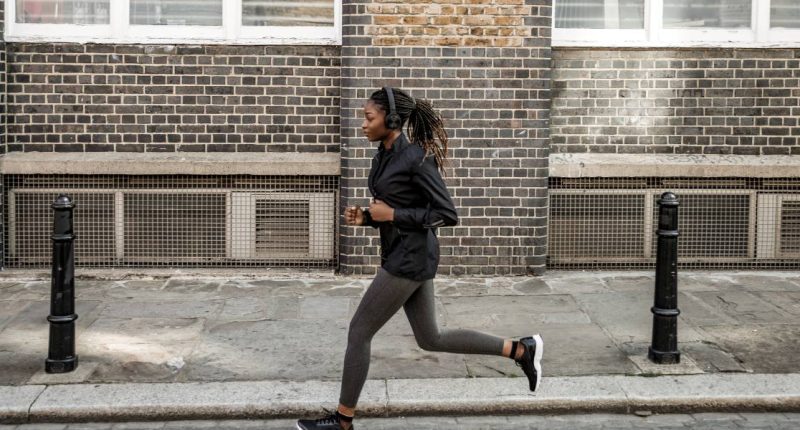If you want to sleep better during the night, getting more active in the day may be the key.
Exercise during the day can bring benefits at night through better quality sleep, new research has found.
While it is well known how some evening activities, like screen time, affects sleep, this world-first study has found that how we spend our daytime hours plays a role, too.
Researchers from the University of South Australia looked at data from 1,168 children and 1,360 adults, mostly women.
After examining how participants spent their time during the day and looking at different aspects of sleep, they found that both adults and children who undertook more moderate to vigorous physical activity during the day had better sleep and felt less tired.
UniSA researcher Dr Lisa Matricciani said: “Despite what we know about sleep, many people still struggle to achieve a good night’s sleep.
“When people think about sleep quality, they tend to focus on adjustments immediately before bedtime – for example, avoiding screens, not eating too much, and avoiding alcohol – but our research looks beyond this to the range of activities we undertake during the day.
“What we found is that our daytime activities are tied to different aspects of our sleep, from sleep quality, sleep efficiency (how much of the time you spend in bed when you are actually asleep), and the overall amount of sleep we get, to levels of tiredness during the day, and when we choose to go to bed.
“Sometimes, the activities we choose might directly displace sleep – think of kids playing video games late into the night – but other times, it’s how we spend our daytime hours.
“In this study we created different simulations to see how extending and restricting aspects of time were related to different aspects of sleep.
“We found that if children and adults increased moderate to vigorous physical activity, they would feel less tired, have less troubled sleep and better-quality sleep. Interestingly, simply making more time for sleep predicted more restless sleep.
“Everyone wants a good night’s sleep. If it’s simply a matter of being more active during the day, then it may be a relatively achievable goal for most of us.”
Australian guidelines recommend eight hours of sleep a night for adults and between eight and 11 hours for children and teenagers.
Read the full study in Sleep Health.




